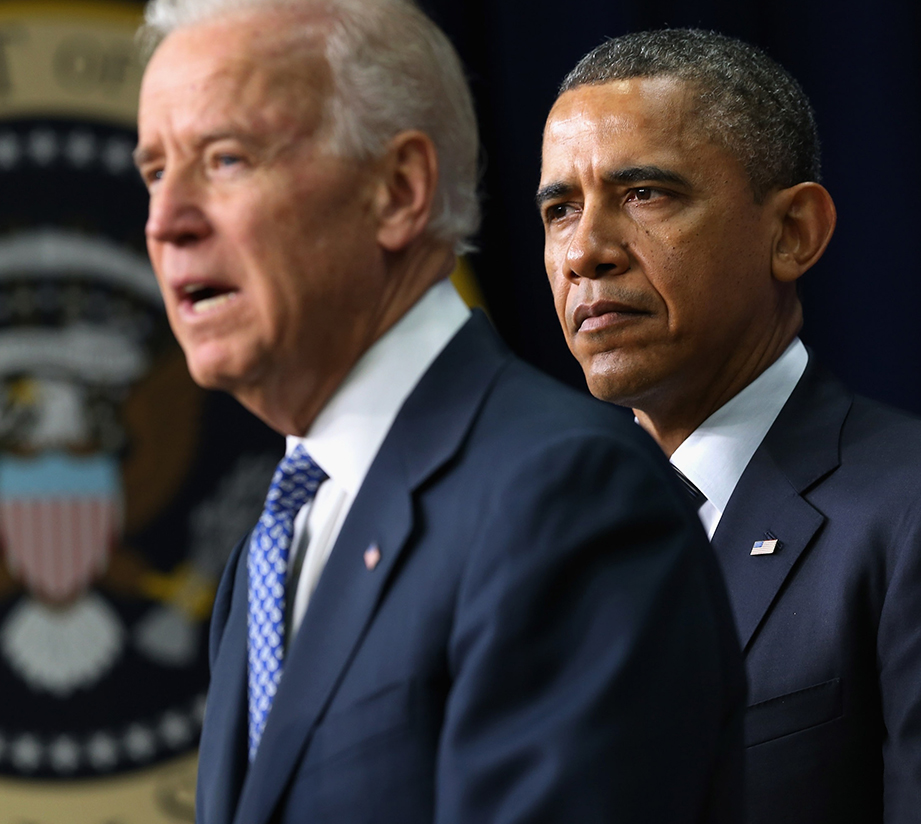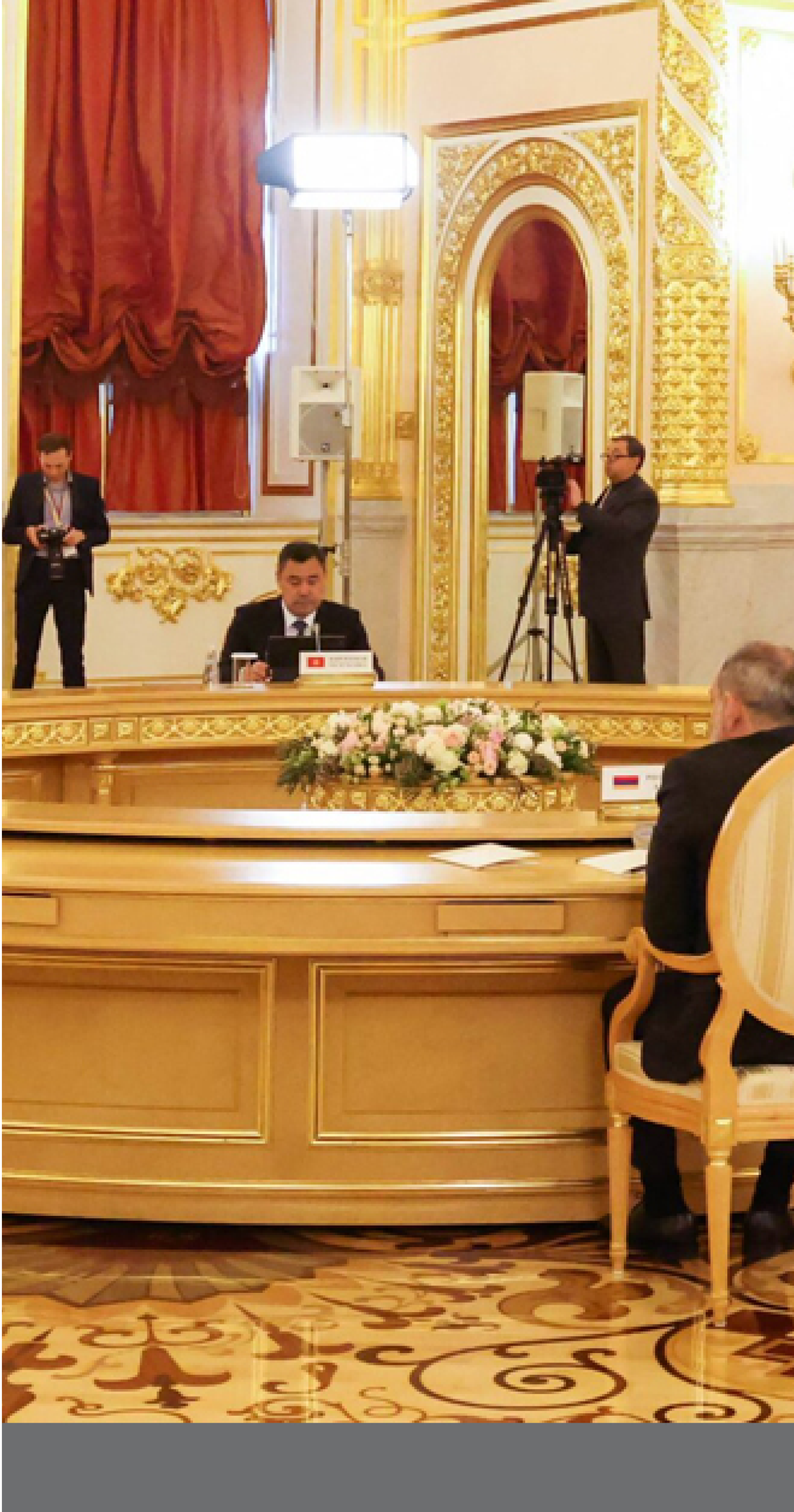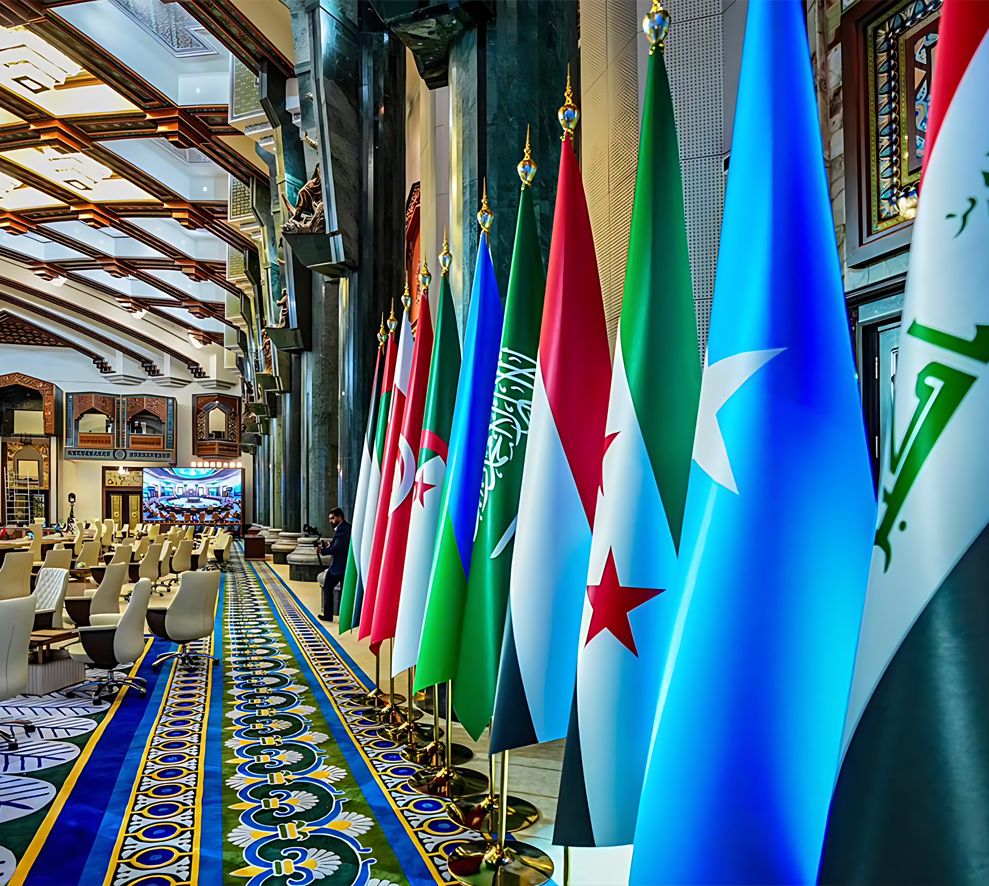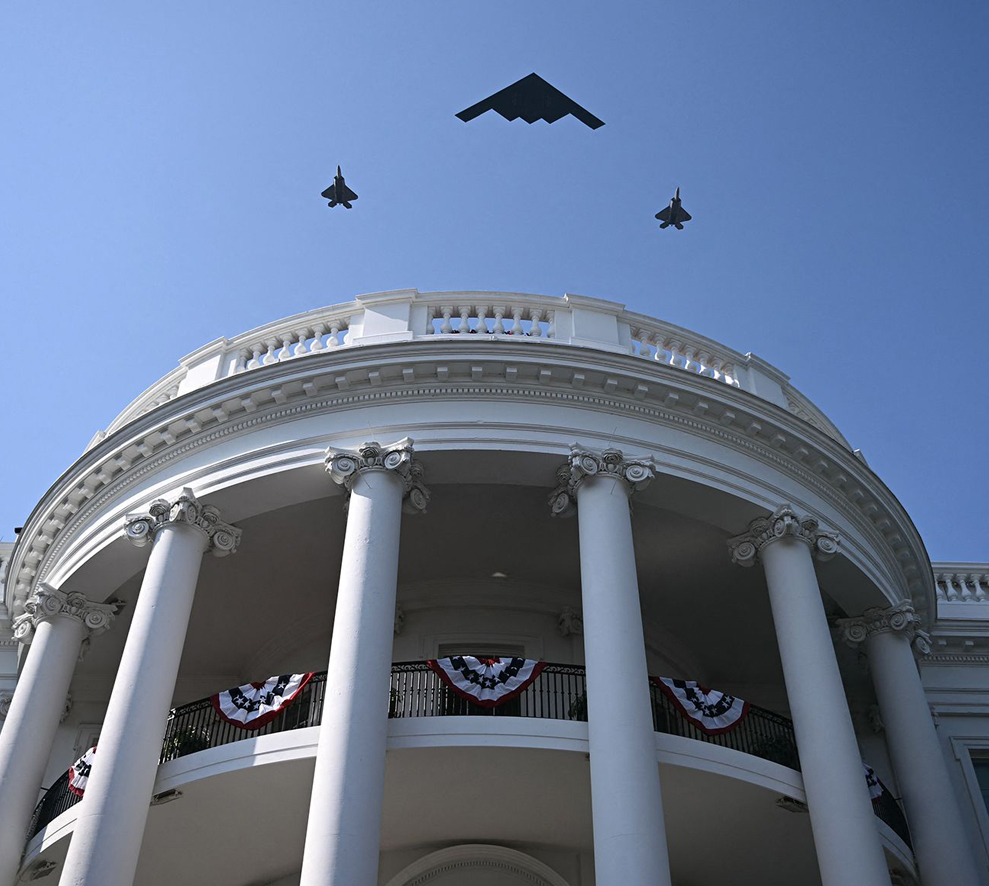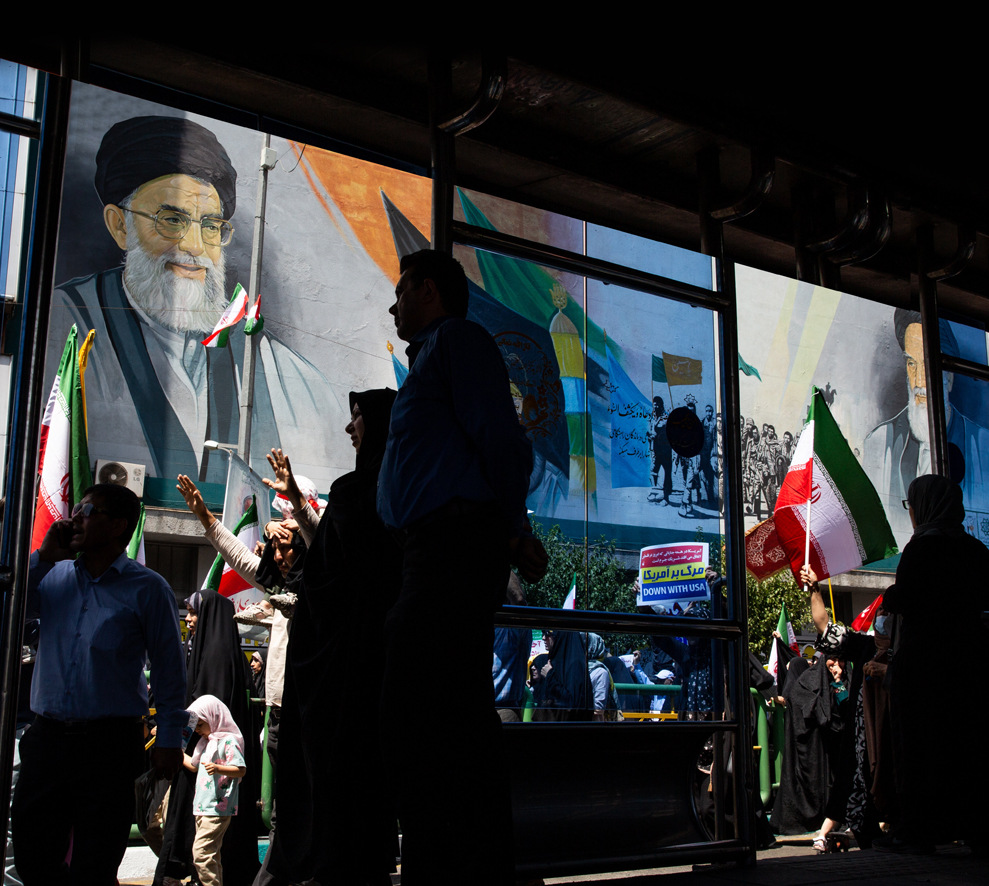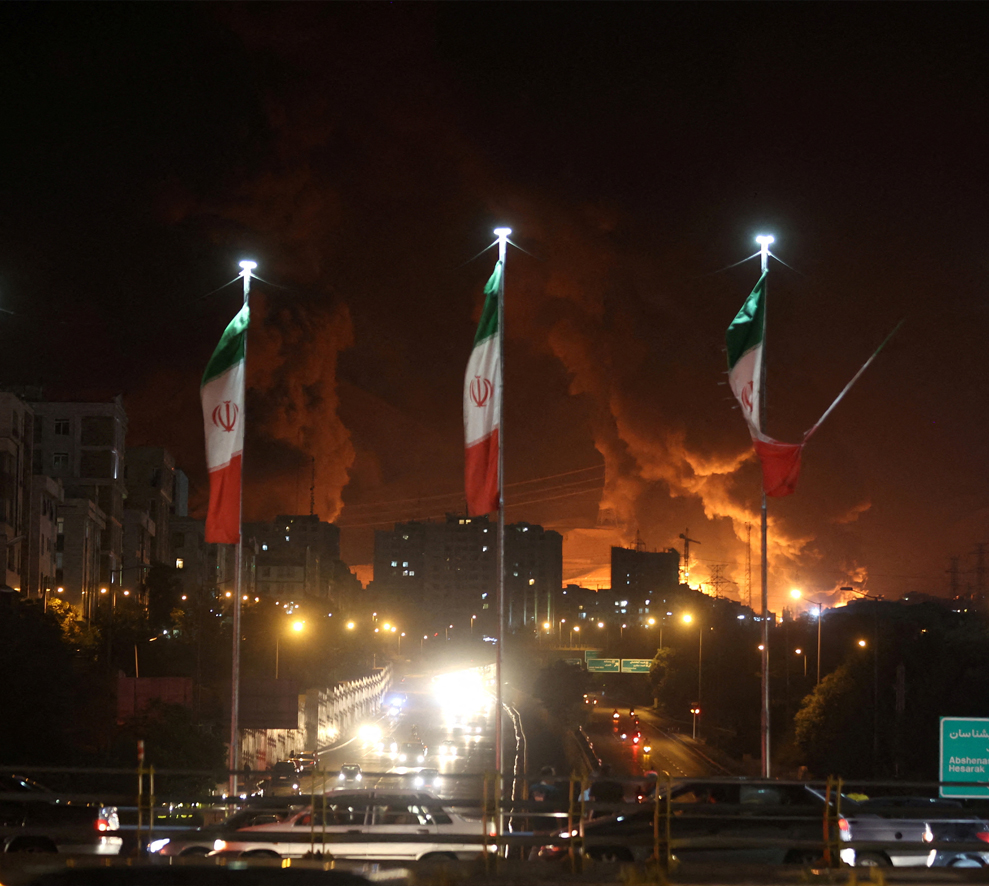The Iranian file is one of the most complicated files Biden administration has inherited, not only from the previous administration, but also from the product of US foreign policy towards Iran and the region in general. Since 1979 and the siege of the US embassy in Tehran, a complete and effective strategy for dealing with the Iranian issue has not fully developed, and the "carrot and stick" policy has become dominant almost over the whole American political thought towards Iran.
However, this American "confusion" reached extreme limits when, in May 2018, the Trump administration withdrew from the Joint Comprehensive Plan of Action, nearly 3 years after Iran and the P5+1 states agreed to settle the nuclear issue and lift sanctions on Iran.
The agreement maintains lawful, however in the form of P4+1, as European states stick to the hope of buying time until a political breakthrough is achieved, with which Tehran will return to fulfilling its nuclear obligations, many from which it was liberated in response to US sanctions that blocked the legitimate flow of Iranian oil to its buyers.
The articles entitled, “Assessment of the Effectiveness of US Sanctions Policy”, published by STRATEGIECS Think Tank in October 2020, concluded that the "maximum pressure" policy has not succeeded in dissuading Iran from advancing its nuclear project, nor even in changing its “destabilizing” approach, as described in the US. This does not mean that the pressures have failed; for they quite increased the costs that Iran incurs as a result of its nuclear and foreign policy, limited its ambitions, and damaged its image in front of its people and supporters in the region, especially with its reluctance to respond directly to the attacks against it (such as the killing of Soleimani) and damaging of its assets (the explosion of the Natanz facility and the assassination of the senior official in the nuclear program , Mohsen Fakhrizadeh).
Faced with this "nuclear" escalation on the part of Iran, and "sanctions" on the part of the US, Biden's team must deal with the Iranian nuclear, ballistic and regional file, with a new logic that takes into account the developments over the past four years. It is not possible to rely on Obama’s legacy and deny Trump’s legacy, for simply what worked during the Obama administration might not work during the Biden administration.
In this context, there are two different stands for the settlement of the Iranian nuclear issue:
1. Biden Administration's stand: The file is viewed as an issue that is not separate from the ballistic program and Iran's expansionist policies in the region. Therefore, it is imperative to renegotiate a comprehensive agreement that addresses all contentious issues and is not limited to the nuclear aspect only.
The backgrounds of Biden administration’s officials in foreign policy and defense show that most of them were involved in one way or another in the American team that supervised the negotiation and preparation of the nuclear deal in 2015, the matter which may reflect Biden’s keenness to give priority to flexible diplomacy in dealing with Tehran. This, however, does not imply disregarding sanctions diplomacy or even hard power tools, taking into consideration that the Iranian side will not soften its position with tempting incentive. That is why it is rather necessary to demonstrate a position of strength entailing serious consequences if Iran continues its nuclear challenge and approaches the threshold that opens the door to possessing a nuclear weapon.
2. Iran’s position: Tehran calls for a return to the nuclear agreement signed in 2015, after which the "discussion" will take place on the rest of the issues that Washington demands to agree to in a unified agreement that addresses the regional nuclear, ballistic and expansionist issues.
Iranian foreign policy continues to refuse to renegotiate an agreement previously negotiated and believes that the legitimacy of the Joint Comprehensive Plan of Action must be respected. However, the deal has lost its moral validity, since its spirit has been violated, not to mention the legal obligations. After its ratification, an atmosphere of cautious optimism has spread over Iran’s normalization of its own policies, which qualifies its integration into the regional environment as a state that does not exchange a "hostile" view with its neighbors. According to economic peace theorists, states usually adjust their policies to preserve the economic gains they made in political negotiations, and experience has shown that the formulation of such a peace has not succeeded in a regional environment drenched in ideological and political fanaticism.
Regardless of the possible form of the agreement, the Biden administration will face many challenges on more than one front in order to induce and force Tehran to pursue normal policies away from ideological extremism and regional expansion. The return of the US (America Is Back) to the leadership of the world order, as announced by the US President, Joe Biden, requires addressing the main thorny issues in the international environment, first and foremost of which is the Iranian issue.
On the path of "establishing normal relations with Iran", Biden's team will encounter several challenges, most notably:
1. US domestic factors
The difficulty of achieving an American consensus that transcends political dissonances in light of this unprecedented polarization the country is experiencing is inarguable. The Biden team’s engineering for an effective strategy towards Iran requires that the latter have political momentum that is far from partisan and personal dissonances.
It is illogical to assume that the new administration’s desire is to reverse the path taken by the previous administration, since foreign policy decisions are institutional bureaucratic decisions and are subject to deep calculations - or so they are supposed to be. Therefore, the Biden team will not be able to make any concessions to the Iranian side if the team does not "negotiate" with the American authorities concerned with managing relations with Iran.
It is believed that the sanctions imposed by the Trump administration in the end of its presidential term, and what US Secretary of State Mike Pompeo announced about the existence of "close" relations linking Iran to Al Qaeda, come in the context of complication of the Biden administration's new task of reducing escalation with Tehran, as it is embarrassing - in terms of security - to make progress with a country that supports Al-Qaeda, and it is politically and technically difficult to lift the massive amount of sanctions unless Iran offers a return that it does not seem willing to offer without lifting these sanctions first.
In addition to this bureaucratic institutional pressure, Biden will clash with advocates of Trump's approach who are still in office. Even if the officials in the top positions are changed, there will still be "lower " officials who owe loyalty to Trump's foreign doctrine and cannot be dismissed due to legal considerations, thus turning into a technical obstacle to the smooth flow of reconciliatory relations with Iran.
In addition, Trump's strategy toward Iran has the support of conservative hawks who call for showing muscles in engaging with Iran. This current pervades the American domestic structure, which can easily be "provoked" in light of internal turmoil, especially if it comes to the Iranian file which Israel places on the list of major threats it faces, as it – i.e., Israel - has a relationship with this hawkish current, a relationship that can be described as "organic" in terms of its cohesion and compatibility.
2. Iranian internal factors
The conservative movement is controlling the levers of government in Iran, as it has succeeded - to some extent - in directing popular discontent with the economic situation towards an "external enemy" who has imposed sanctions on the country. Some attacks (such as the killing of Soleimani and Zadeh and targeting the Natanz facility) have also unified the country behind the hard-line conservative narrative, which will make it more difficult for the political level to make real concessions at the negotiating table, unless they are justified before the charged public opinion.
The upcoming presidential elections, which will be held in June 2021, are a barometer of the trend in Iran. It is expected that the conservatives will hold the presidency as they seized the legislative authority in the February 2020 elections, the matter which will lead to the decline of the reformist trend calling for serious negotiations with the West in favor of forces that adopt more solid stance.
3. Regional factors
Biden team will not lose sight of the state of anger – or, as an understatement, resentment that afflicted some countries in the Middle East after the signing of the nuclear agreement in 2015, when these countries considered granting Iran freedom of international economic dealings without addressing all the contentious and disputed issues. Moreover, this agreement did not deprive Iran of its nuclear capabilities, but rather froze some aspects of them and subjected its facilities to a strict periodic inspection for a period of 15 years without addressing the course of the nuclear program after the expiration of this period.
The common Iranian threat was a vital factor in Tel Aviv's rapprochement with some Gulf states in order to formulate an identical vision for dealing with Iranian threats in the security and political aspects. This vision may also apply to the military aspects, especially after the decision issued days before the end of Trump's presidential term to annex Israel to the US Central Command area responsible for the Middle East, after it was affiliated with the US European Command.
It is noticeable that the European stand regarding dealing with Iran contradicts its Israeli counterpart, which is somewhat identical to the stand of some Middle Eastern countries. These countries see the necessity of their participation in any upcoming negotiations so that they are not "surprised" by a US-Iranian agreement that does not take into account considerations of their national security or their position as a close ally of the United States.
On the other hand, Iran rejects these multilateral negotiations and calls for the launch of a joint regional dialogue without the intervention of global powers in accordance with the Hormuz Peace Initiative that it announced and called HOPE, provided that it is supervised by a high international body such as the Security Council or an international organization concerned with resolution of disputes.
Accordingly, Biden's team will face pressure from the Middle Eastern allies to formulate an agreement different from the previous one and to allay the security concerns emanating from Iran's "hostile" policies and its arms plans, which Tehran affirms are primarily defensive and come as a response to the increase in regional armaments. Therefore, it expressed its readiness to reduce armaments, quantitatively and qualitatively, if its regional rivals pledge to do so as well.
It is more beneficial for the American negotiator to avoid inciting the ire of his allies, in order to avoid the outbreak of "arms fury with nuclear dimensions", which will inevitably aggravate the tension in the region. Theoretically speaking, it is illogical to view the negotiations as a specific destination, but rather a comprehensive path in which agreement is reached on a final solution between the various parties, without excluding one or more countries and without disregarding one of the “interweaving” files.
Trust first
A comprehensive and satisfactory agreement cannot be achieved unless trust is built and the degree of apprehension about the intentions of the various parties is reduced. Hence, European states that are still a party to the nuclear agreement can act as a mediator, urging the US and Iran to backtrack on some of the previous decisions, such as returning to some of the Iranian nuclear commitments, and easing the impact of sanctions on the Iranian economy.
In order not to repeat the mistake of the 2015 agreement by concluding a fragile agreement that did not withstand contingent developments, all parties must prepare the atmosphere for its success before its final approval, so that it does not lose its essence and be questioned at the first test.
The first of these tests is to decrease the goals that each party aspires to achieve from the negotiations. The parties – or the two parties – of negotiations usually raise the ceiling of demands in a way that exceeds what can actually be achieved, and then make concessions at the negotiating table. However, this negotiating method may lead to intransigence and stalemate if one or more parties exaggerate the initial demands to improve their negotiating position.
Time must also be taken into account as a pressing factor in negotiations. The longer an agreement is not reached, the more the parties become familiar with this unnatural tension and get used to it, and over time the likelihood of something happening that could trigger a widespread confrontation increases. In light of the "uncertainty" of Iran's nuclear intentions, some technical sources assess that Iran is one year away from the ability to enrich military uranium if the supreme political order is issued to possess a nuclear "deterrent".
In sum, the task of integrating Iran naturally into the regional and international structure requires the Biden team to work according to a smart strategy that employs the elements of motivation and threat that the US Treasury possesses, without causing a deliberate break with the "America first" policy adopted by the previous administration. For America to be back to the leadership of the international system - as Biden announced – it needs unity and achieving an internal consensus regarding foreign files, such as the Iranian.
Keep in touch
In-depth analyses delivered weekly.

Related Analyses:







